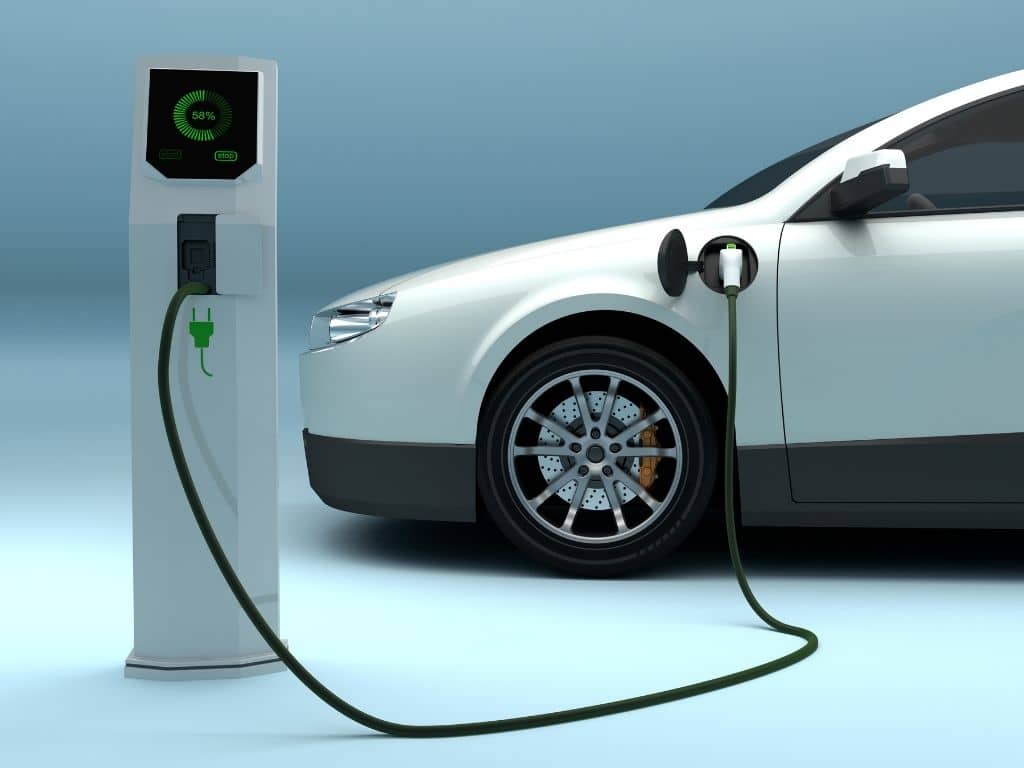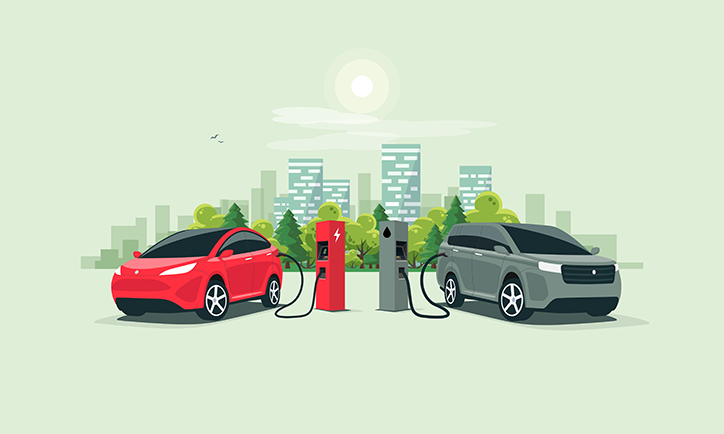In recent years, electric vehicles (EVs) have gone from being a niche product to a mainstream choice for drivers around the world. With their sleek designs, eco-friendly benefits, and growing availability, EVs are quickly shaping the future of transportation. But why are they gaining so much attention? Let’s dive into what makes electric vehicles so appealing and why they are the future.
1. Cleaner and Greener
One of the biggest advantages of electric vehicles is their environmental impact. Unlike traditional gasoline-powered cars, EVs don’t emit harmful pollutants like carbon dioxide (CO2) and nitrogen oxides. This makes them a great option for reducing greenhouse gases and fighting climate change.
While some critics argue that EVs are only as clean as the electricity grid they rely on, it’s important to note that renewable energy sources like wind and solar are rapidly growing. As the grid gets greener, so do electric cars. Many EV owners also choose to install solar panels at home, making their transportation nearly carbon-free.
2. Cost Savings Over Time
Although EVs tend to have a higher upfront cost compared to traditional vehicles, they offer significant savings in the long run. The cost of electricity is much lower than gasoline, and with fewer moving parts, EVs require less maintenance. You won’t have to worry about oil changes, exhaust system repairs, or engine problems!
Additionally, many governments offer incentives, such as tax credits and rebates, to make buying an EV more affordable. In some places, EV drivers can also take advantage of reduced parking fees, toll discounts, and other perks.
3. Driving Experience
EVs aren’t just good for the planet and your wallet—they’re fun to drive too! Electric motors provide instant torque, meaning EVs can accelerate quickly and smoothly. Whether you’re merging onto the highway or navigating city streets, EVs offer a quiet, zippy, and smooth driving experience.
Plus, many EVs are packed with the latest tech features. From advanced driver assistance systems to smart infotainment, they often come with cutting-edge technology that enhances both comfort and safety.
4. The Expanding Charging Network
A common concern for potential EV owners is charging. What happens if your car runs out of power? The good news is that charging infrastructure is rapidly expanding. Public charging stations are popping up at shopping malls, parking garages, workplaces, and even along highways.
There are also different charging options depending on your needs:
- Level 1 charging: This uses a standard household outlet and is best for overnight charging.
- Level 2 charging: These stations offer faster charging and are often found in public locations.
- DC Fast Charging: For a quick top-up, these stations can charge an EV to 80% in about 30 minutes.
With more charging stations being built every day, “range anxiety” is becoming less of a concern.
5. The Future is Electric
As automakers shift focus to electric models, we are witnessing a revolution in the automotive industry. Major car companies like Tesla, Ford, General Motors, and Nissan have all made significant investments in electric vehicles. In fact, some countries have announced plans to phase out gasoline-powered cars altogether in the coming decades!
As battery technology continues to improve, we can expect EVs to go even farther on a single charge, charge faster, and become more affordable for everyone.
Electric vehicles are more than just a trend—they represent the future of transportation. With their environmental benefits, cost savings, and exciting driving experience, EVs are set to become a common sight on our roads. Whether you’re thinking of going electric or just curious about the movement, it’s clear that the shift to EVs is picking up speed, and it’s driving us toward a cleaner, more sustainable future.



